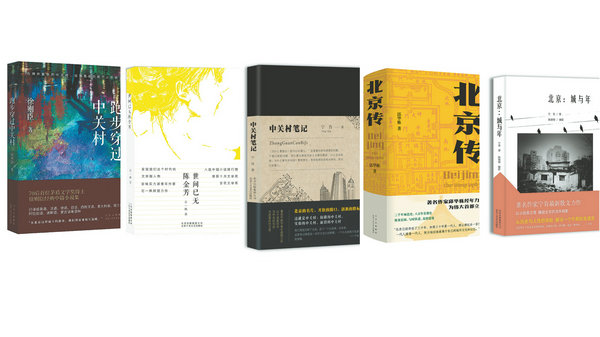

"For writers, it means there are barriers between people in terms of experience, emotion and understanding. The mission of modern literature is to build a national, scientific and popular culture which can transcend and open those cocoons," says literary critic Li Jingze, who is also vice-president of China Writers Association.
"The literature required in the new era is not new in terms of the age of our writers, or the novelty of their works, but in their attitudes and the new ways they face the wider world and life's complexities," he adds.
Now, a new group of young writers has consciously taken on the task of writing about Beijing, including a number of Gen Zers, who have just left university.
"Their writing is characterized by fantasy, diversity and a mixture of different genres and styles, adding new elements to the Beijing story in the new era," says Zhang.
"Unlike the fetishistic writing of the older generation, the new generation focuses more on changes of the times, the fracture of human nature, the survival of the individual, the pressure of living in modern society and complex psychological reflection, which is very different from the previous generation, who focused on changes in world affairs, ethics and social and cultural values," he adds.
According to Chen, Beijing Author Day, the literature brand activity that has been held for the past three years, is becoming an important mechanism to introduce Beijing literature to the wider world. So far, 28 books have been signed to foreign publishing houses, showing the development of Beijing literature in the international community.
"We need to create stories that can reflect the complexities of Beijing right now, and transfer them into common human experiences with a powerful empathy. In this way, our Beijing story can become an important part of human spiritual heritage," says poet Yang Qingxiang.